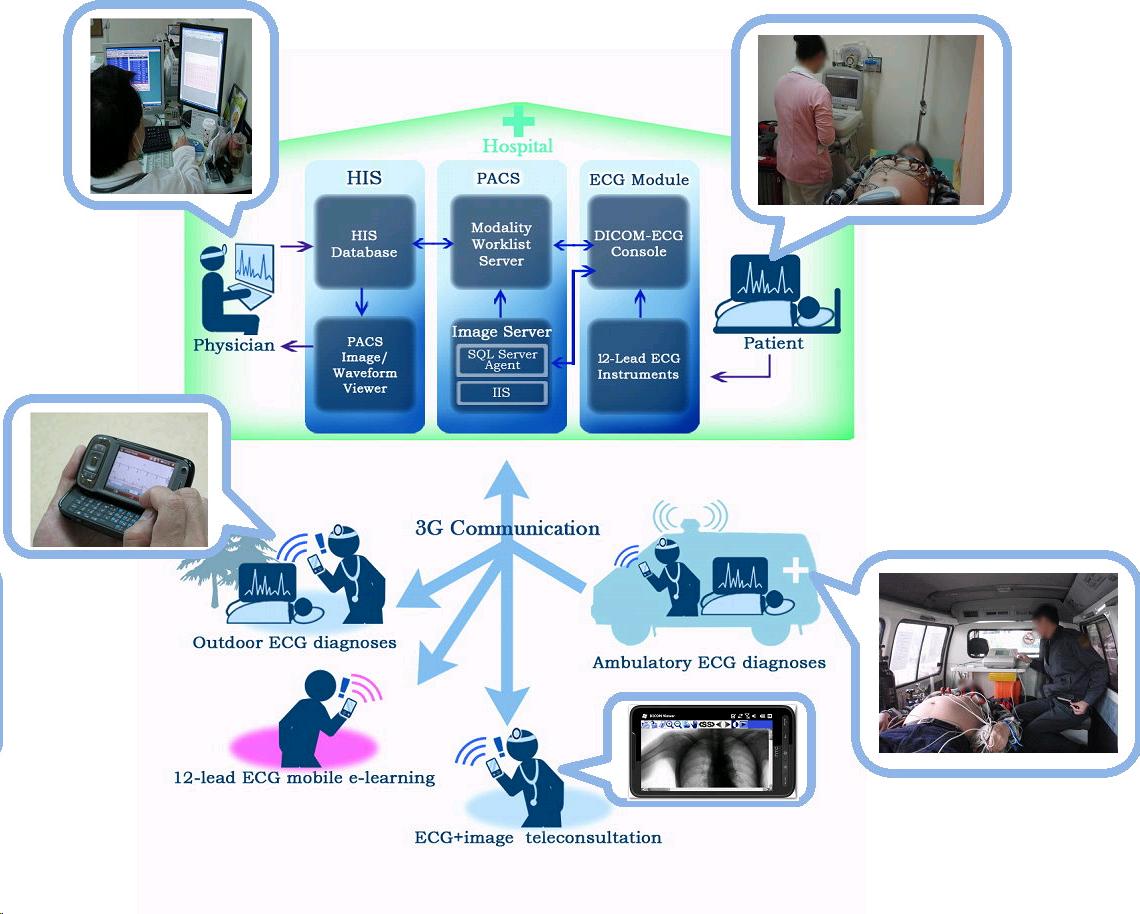Medical Signal Analysis
Biomedical signal analysis is a promising inter-discipline research topic in medical informatics, which combines medicine and computer science. The major objective of biomedical signal analysis is to provide clinicians with better physiological signal or image interpretation and accurate disease confirmation through signal processing and mathematical modeling. Traditional applications of biomedical signal analysis include artifact cancellation from a noise interfered physiological signal, feature extraction of the physiological signal, image processing, and machine learning based physiological signal classification.
Research Highlights:
The biomedical signal analysis sub-program focuses on (1) biomedical signal and image processing, (2) intelligence based physiological signal identification, (3) medical information system, (4) e-health and telemedicine, and (5) cloud computing based medical services.
Since 2007, Yuan Ze University has collaborated with Far Eastern Memorial Hospital-Taipei and Taoyuan Armed Forces General Hospital to develop innovative medical e-services in clinical practice, including 12-lead electrocardiograph (ECG) telemedicine, and cloud computing based ECG interoperability. As illustrated in the following figure, the clinically-used ECG signal is acquired, processed, and integrated into Picture Archiving and Communication Systems (PACS) so that hospital staff can interpret ECG via PACS and Hospital Information System (HIS). Pre-hospital 12-lead ECG diagnosis can be made as a result of the delivery of ECG reports between the ECG instruments in the ambulance and in the hospital. In addition, off-site cardiologists can make ubiquitous tele-diagnosis through the ECG database connection via their cell phones.

12-Lead ECG Signal Processing and the Development of ECG Telemedicine in Clinical Practice.